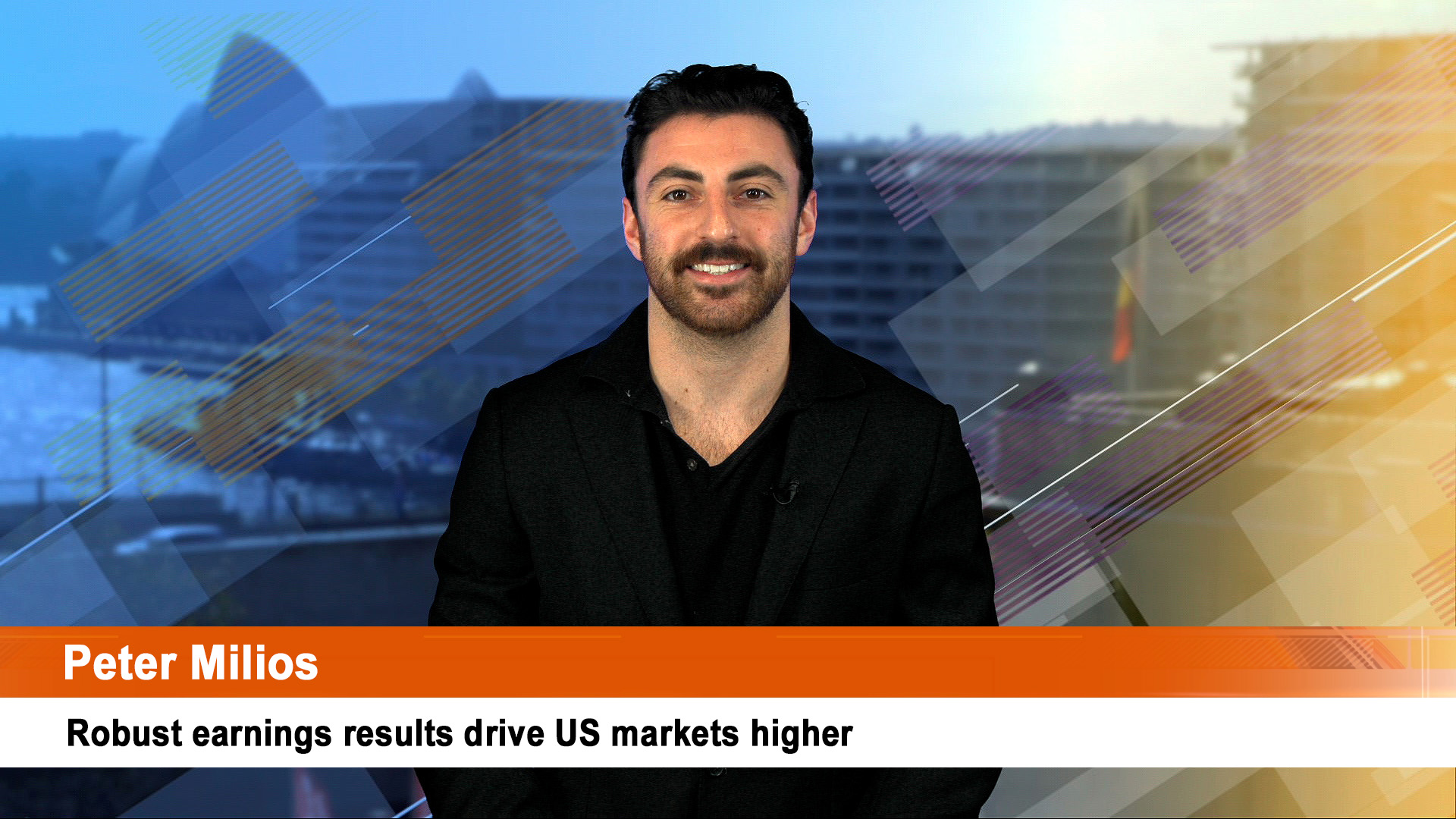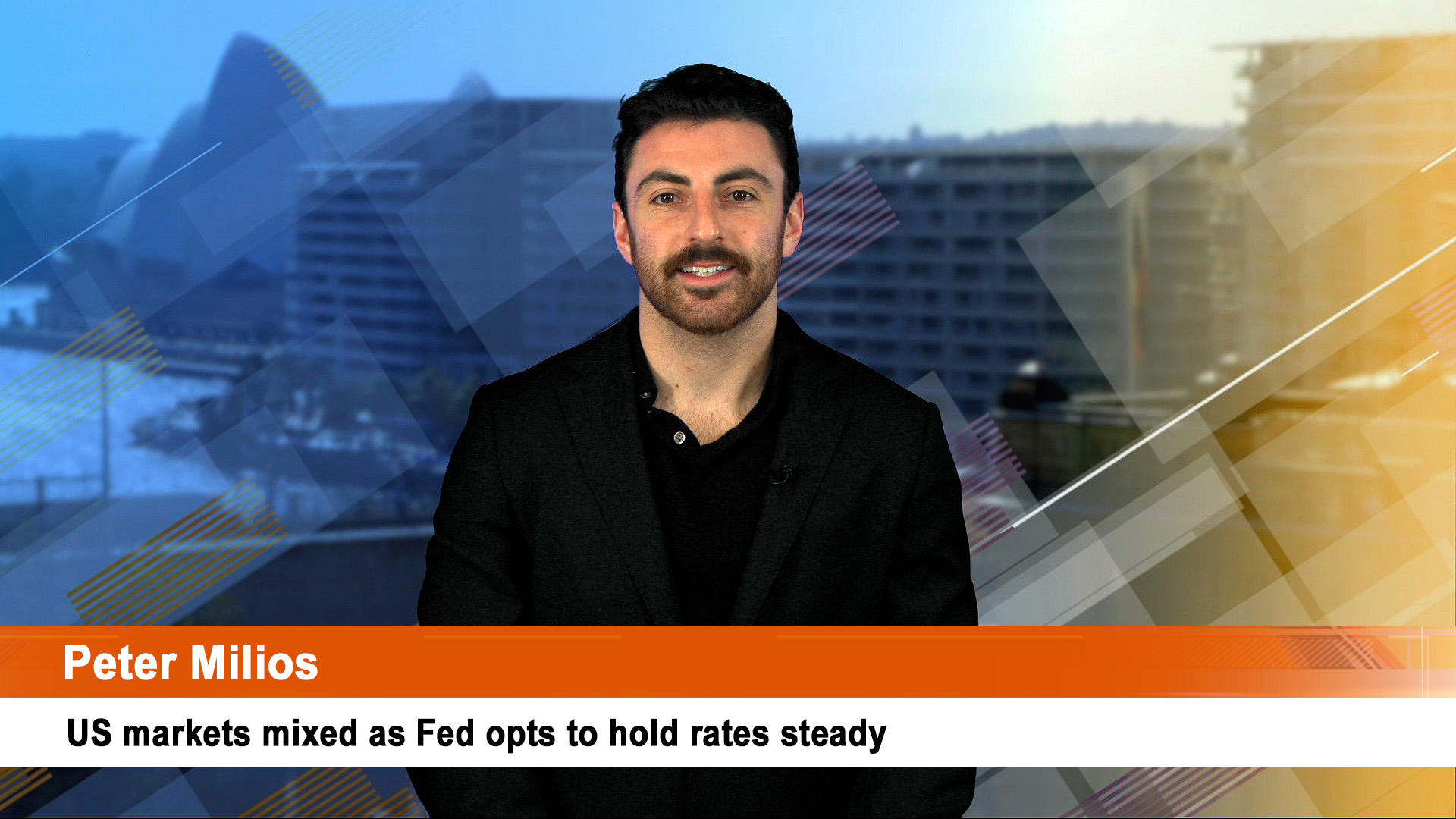The COVID-19 pandemic completely shattered the airline industry, resulting in revenue losses of 60% worldwide in 2020. However, now entering the recovery stage of the outbreak, Australia’s biggest player, Qantas, finds itself in a unique position whereby its poor management decision making, in conjunction with the lasting effects of the pandemic, has seen the struggles continue into 2022, slowly tarnishing its brand image.
Over the past few months, Qantas has been bombarded with excessive complaints regarding cancelled flights, lost luggage, call centre delays, sluggish flight refunds, and allegations concerning its expensive frequent flyer redemption program.
To make matters worse, last Wednesday, Qantas CEO, Alan Joyce, one of the longest serving CEO’s on the ASX, suspended flight announcements in the Qantas domestic business lounge at Sydney Airport for 45 minutes, to film a promotional video for the airline.
And the people have responded.
The Australian Financial Review reports a LinkedIn post was made by an executive, giving reasons as to why he would never fly Qantas again, generating more than 700 responses, 80% of which were supportive of his views.
Michael Kaine, National Secretary of The Transport Workers Union, recently came out and called for Mr. Joyce to be dismissed.
“If Qantas management or indeed Joyce really cared about customers, the right thing to do would be to appoint a new CEO with the business acumen to bring back highly trained, experienced workers and treat them with respect.”
In addition, matters out of Qantas’ control, such as the lasting effects of COVID-19 and increased fuel prices have caused additional chaos within the airline.
Qantas senior executives were forced to work as bagging handlers amid recent staff shortages due to an increased number of COVID-19 cases within the business.
Qantas was forced to cut a further 5% of capacity, on top of a 10% reduction it announced earlier this year, due to the increased cost of fuel prices. The original 10% cutback resulted from labour shortages resulting from the pandemic.
And the figures have reflected this mess.

According to ABC news, the statistics from June revealed that this was one of the worst overall performing months since records began, however, Qantas sat near the bottom of the list, recording the highest rates of cancellations, in which 58.4% of flights departed on time and 59.1% arrived on schedule.
In July, the figures got even worse for Qantas, with only 53% of on-time arrivals and 52% on-time departures.
Pre-COVID-19, Qantas had on-time arrivals and departures in the 70s.
Mr. Joyce now prepares for the release next week of a $1.28 billion loss for 2022, including a loss of $245 million EBITA for the year.
It is important to note that prior to the pandemic, Qantas was on an absolute tear away.
Their share price hit an all-time high of $7.35 in late December of 2019, and revenue for the financial year of 2019 was also at its highest, at 17,966m.
Understandably, Qantas’ financial performance suffered as a result of the pandemic, however, a few years on, poor management decision making has damaged the performance of Qantas and subsequently stained their reputation.
What’s Next for Qantas?
In response to the immense but justified criticism, Mr. Joyce released a short video message and an email apologising for the “recent operational challenges and [thanked customers] for their patience,” before promising that the airline will be “back to its best.”
The messages included cutting the domestic flight schedule, increasing the connection times between flights to help fix the lost baggage issues, rostering more staff at a time when sick leave is 50% higher than normal and hiring more people to fill 1500 vacancies.
Qantas also plans to spend $15 million on upgrading its IT systems, including new computers, screens, gate scanners and radios.
As part of the plan to rehash their image, Qantas is offering a $50 travel credit to regular frequent flyers, silver members are being offered to get their membership extended, gold members have extra lounge access and platinum members get 30,000 frequent flyer points.













